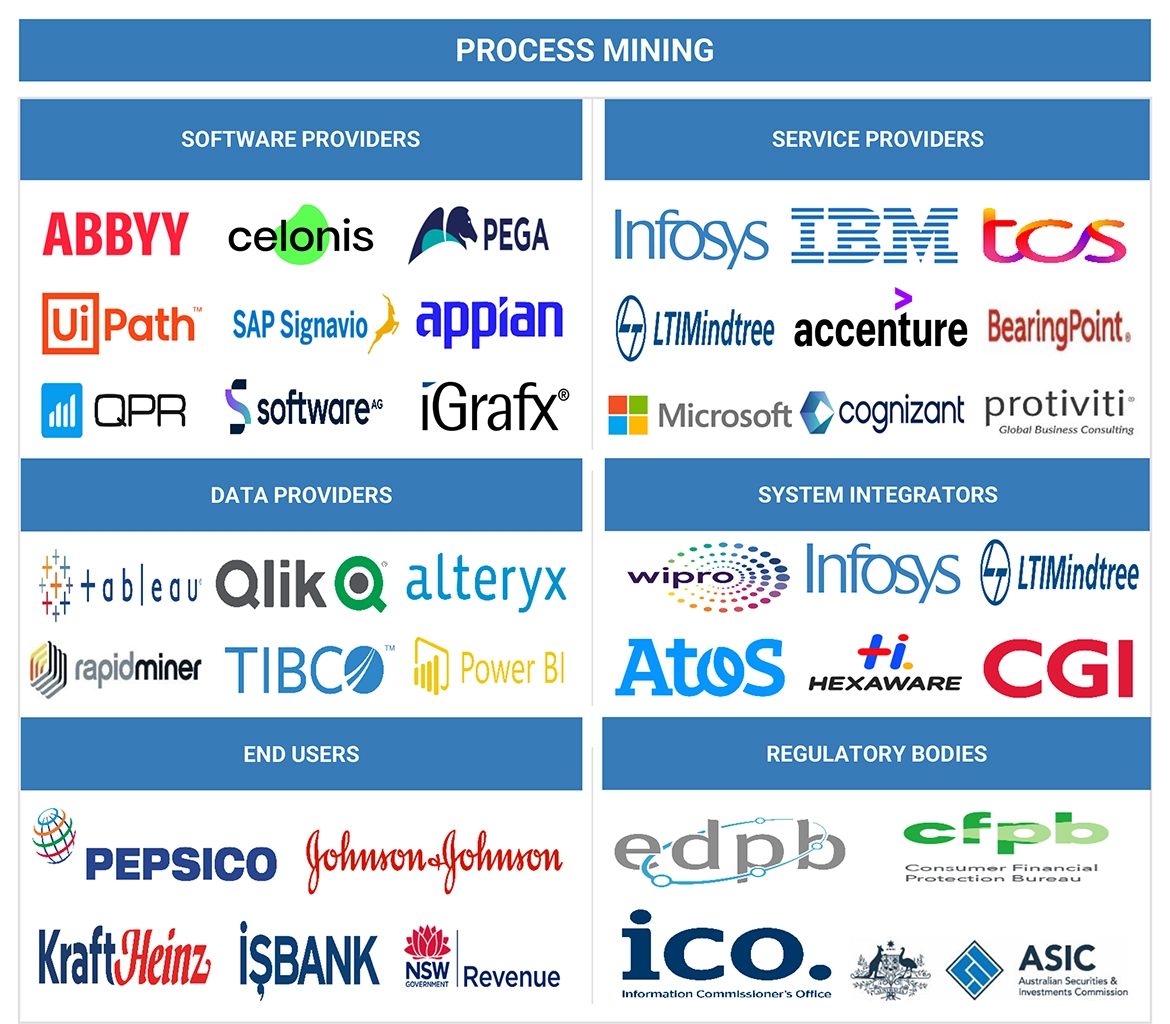The research antibodies and reagents market is experiencing significant growth, driven by advancements in biotechnology, increased funding for life sciences research, and the rising demand for personalized medicine. As the market evolves, stakeholders must understand the key trends, drivers, and opportunities to make informed decisions.
Market Overview
The global research antibodies and reagents market was valued at approximately USD 13.39 billion in 2023 and is projected to reach USD 21.28 billion by 2029, growing at a compound annual growth rate (CAGR) of 8.0% during the forecast period. This growth is attributed to several factors, including increased research activities in proteomics and genomics, the development of novel antibodies, and the expansion of applications in various disease areas.

Key Market Drivers
- Advancements in Proteomics and Genomics
The integration of proteomics and genomics in research has led to the discovery of new biomarkers and therapeutic targets. This has increased the demand for high-quality antibodies and reagents to facilitate these studies. Techniques such as ELISA, flow cytometry, and western blotting are extensively used, requiring specific and reliable reagents.
- Rise of Personalized Medicine
Personalized medicine aims to tailor treatments based on individual genetic profiles. This approach necessitates the use of specific antibodies and reagents to identify biomarkers and understand disease mechanisms at a molecular level. The demand for customized antibodies is thus on the rise.
- Increased Funding and Collaborations
Governments and private entities are investing heavily in life sciences research. Collaborations between academic institutions and industry players are fostering innovation and accelerating the development of new antibodies and reagents.
Emerging Trends
- Technological Innovations
The adoption of advanced technologies such as CRISPR, single-cell analysis, and high-throughput screening is transforming research methodologies. These technologies require specialized antibodies and reagents, creating new market opportunities.
- Automation in Laboratory Processes
Automation is enhancing the efficiency and reproducibility of laboratory experiments. Automated systems for reagent preparation and antibody production are becoming increasingly prevalent, reducing human error and increasing throughput.
- Ethical and Sustainable Practices
There is a growing emphasis on ethical considerations in antibody production, such as reducing animal testing and adopting recombinant antibody technologies. Sustainable practices are also being implemented to minimize environmental impact.
Market Segmentation
By Product Type:
- Antibodies: Including monoclonal, polyclonal, and recombinant antibodies.
- Reagents: Encompassing media, sera, stains, dyes, buffers, solvents, enzymes, and probes.
By Technology:
- Western blotting
- Flow cytometry
- ELISA
- Immunohistochemistry
- Immunofluorescence
- Immunoprecipitation
By Application:
- Proteomics
- Genomics
- Drug development
By End User:
- Pharmaceutical and biotechnology companies
- Academic and research institutions
- Contract research organizations (CROs)
Regional Insights
- North America: Dominates the market due to advanced research infrastructure and significant funding.
- Europe: Follows closely with strong academic research and biotech industries.
- Asia-Pacific: Expected to witness the highest growth rate, driven by increasing research activities and investments in countries like China and India.
Opportunities and Challenges
Opportunities:
- Emerging Markets: Expanding research activities in emerging economies present significant growth opportunities.
- Outsourcing Services: The rise of CROs and CDMOs offers avenues for companies to expand their services and reach.
- Stem Cell and Neurobiology Research: Growing interest in these areas is increasing the demand for specific antibodies and reagents.
Challenges:
- Quality and Reproducibility: Ensuring consistent quality and reproducibility of antibodies remains a concern.
- Pricing Pressure: Intense competition and cost considerations can impact profitability.
- Regulatory Hurdles: Navigating complex regulatory landscapes can be challenging for market players.
Strategic Recommendations
- Invest in R&D: Continuous investment in research and development is crucial to stay ahead in the market.
- Focus on Quality: Implement stringent quality control measures to ensure product reliability.
- Expand Collaborations: Forge partnerships with academic institutions and industry players to drive innovation.
- Adopt Sustainable Practices: Embrace ethical and environmentally friendly production methods to meet regulatory and societal expectations.
Conclusion
The research antibodies and reagents market is poised for substantial growth, fueled by technological advancements, increased funding, and the shift towards personalized medicine. By understanding the market dynamics and adopting strategic initiatives, stakeholders can capitalize on emerging opportunities and navigate the challenges effectively.
